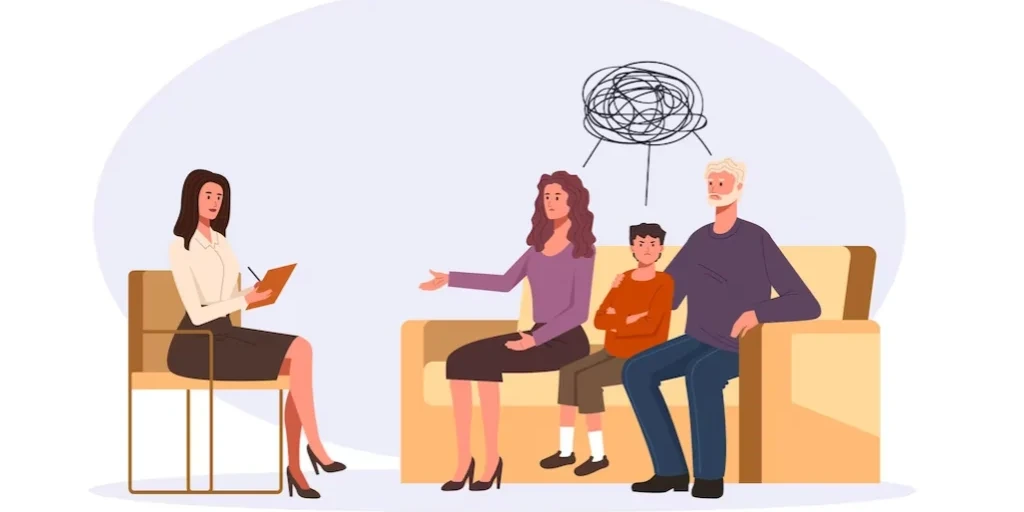24/7 Helpline:
(866) 899-111424/7 Helpline:
(866) 899-1114
Learn more about Aftercare Support centers in Tonkawa

Other Insurance Options

Medical Mutual of Ohio

Private insurance

Aetna

EmblemHealth

ComPsych

CareFirst

Holman Group

Ambetter

Meritain

UnitedHealth Group

Anthem

United Health Care

AllWell

State Farm

Lucent

Magellan

Molina Healthcare

Carleon

Optum

Ceridian

Tonkawa Tribe – Substance Abuse Program
Indian Alcohol and Substance Abuse Tonkawa Tribe of Oklahoma offers outpatient services for people s...


Alpha II
Alpha II is a private rehab located in Tonkawa, Oklahoma. Alpha II specializes in the treatment of a...




Edwin Fair Community Mental Health Center – Kay County
Edwin Fair Community Mental Health Center – Kay County is a private rehab located in Ponca City, Okl...

Bridgeway
Bridgeway is located in Ponca City, Oklahoma. Bridgeway provides substance abuse treatment.

Ponca City Rightway Medical
Ponca City Rightway Medical is a private rehab located in Ponca City, Oklahoma. Ponca City Rightway ...
































































